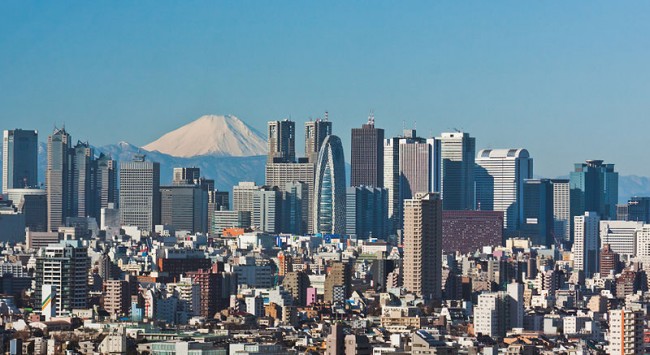
By Prof. Michael Akerib
They have blossomed early this year and are more magnificent than ever. They should warm the hearts of Japan’s population.
At least a large number of retirees may have the leisure of watching them. With the world’s longest life expectancy, slightly over 79 years for men and nearly 86 for women, the country boasts a quarter of the population over 65 and counts 40 000 centenarians.
Dietary habits – low fat diets and a dietary philosophy called hara hachi bu according to which people should never eat to satiation – have certainly contributed to this result.
Medical care that has eliminated some of the major killer diseases has also no doubt contributed as most Japanese undergo an annual medical check-up. This has also led to a very low child mortality – the world’s lowest in fact.
Old age and low child mortality should be indicators of a healthy growing society, but the world’s second-lowest birth rate has considerably upset this rosy figure. For the last 10 years, the number of deaths has exceeded the number of births.
There is an imbalance between the genders, and women, who are a minority, are getting married later and some are not marrying at all – one third of those born in the 1980s are single. Marriage ceremonies are too expensive for most young people and employers deeply dislike having their female employees pregnant. A pregnancy usually ends a promising career. Japanese men have increasingly been taking foreign spouses.
Virtual worlds are gradually replacing the real world and even having sex seems to be too much of a bother.
The economic impact is already being felt as the shrinking working age population is believed to have contributed to the drop in GDP growth from 2000 to 2013.
By 2035 the country will have 69 persons over the age of 65 for 100 persons of working age.
The Committee for Japan’s Future proposed a goal of a population of 100 million by 2065 and that retirement should be postponed to the age of 70. With the expected fertility rate of 1.2 children per woman, the population would be of only 87 million by 2060, 40% of which would be over 60 years old.
As Japan ages, family structures break down and an increasing number of older people – thirty thousand by the latest count – die alone, their bodies unattended for weeks on end.
As the country declines and its population withers away, will there be anyone to watch the magnificent blossoming cherry trees?
Michael Akerib, Vice-Rector, Swiss Umef University




